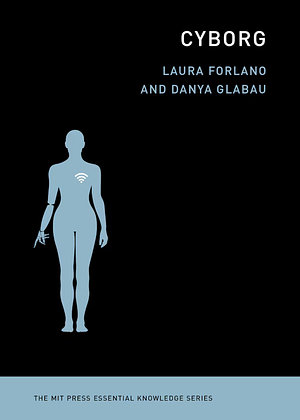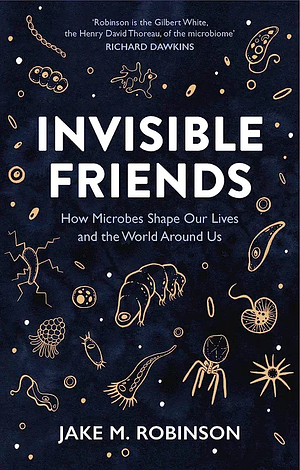
Precious: The History and Mystery of Gems Across Time
by Helen Molesworth
Genres: History, Non-fiction, SciencePages: 316
Rating:

Synopsis:Travelling through moments in history and layers of soil and sediment, this is world history as you have never seen it before.
This is the story of precious gems, from emeralds and rubies, to sapphires and pearls. Explore their history and geology, as well as their famous owners, from Elizabeth 1 to Elizabeth Taylor, Marie Antoinette to Marilyn Monroe, Coco Chanel to Beyonce.
Discover the fragile emerald watch that survived cross-continental journeys and centuries under the floorboards of a London house.
Journey back through the generations of women who wore pearls as a signifier of femininity and marvel at the role these glistening objects have played in changing depictions of feminism.
Learn of the Burmese warriors who believed so strongly in the connection between rubies and lifeblood that they embedded them into their skin before battle to protect them from harm.
In this sumptuous and sweeping history of humanity's love affair with jewels, the V&A’s Senior Jewellery Curator, Helen Molesworth, takes you behind the curtain of museums and auction houses, showcasing some of history's most incredible and iconic jewels and the deeply human stories that lie behind them.
Helen Molesworth obviously loves jewels, and discusses some of the very famous ones she’s had the chance to handle during her career in Precious: The History and Mystery of Gems Across Time. While ostensibly a history of gemstones, it’s also quite personal, with Molesworth discussing her connection to the gems or places where gems are mined, and making her experience quite clear. She’s handled So-And-So’s very famous jewels, you know! And these ones too!
I wasn’t so interested in her autobiography through gems, but where she does discuss the formation of gems and the history of how we’ve seen and used gems, it is interesting. And it’s not that I necessarily dislike someone having a personal connection to the topics they write about, and learning from someone’s experience can be interesting — it just feels like there’s a lot of namedropping, both of famous people and famous gems.
It was definitely a more satisfying read than Lapidarium (Hettie Judah) and went a bit more in depth. I found it compelling enough to read it quite quickly — really, it’s mostly in retrospect I’m rolling my eyes a little at the namedropping.
One good feature is the two sets of colour pages showing off photos of the gems. That helps, as I’ve never been that interested, and thus hadn’t seen some of the famous pieces described before. It gives a bit of context.
Rating: 3/5












